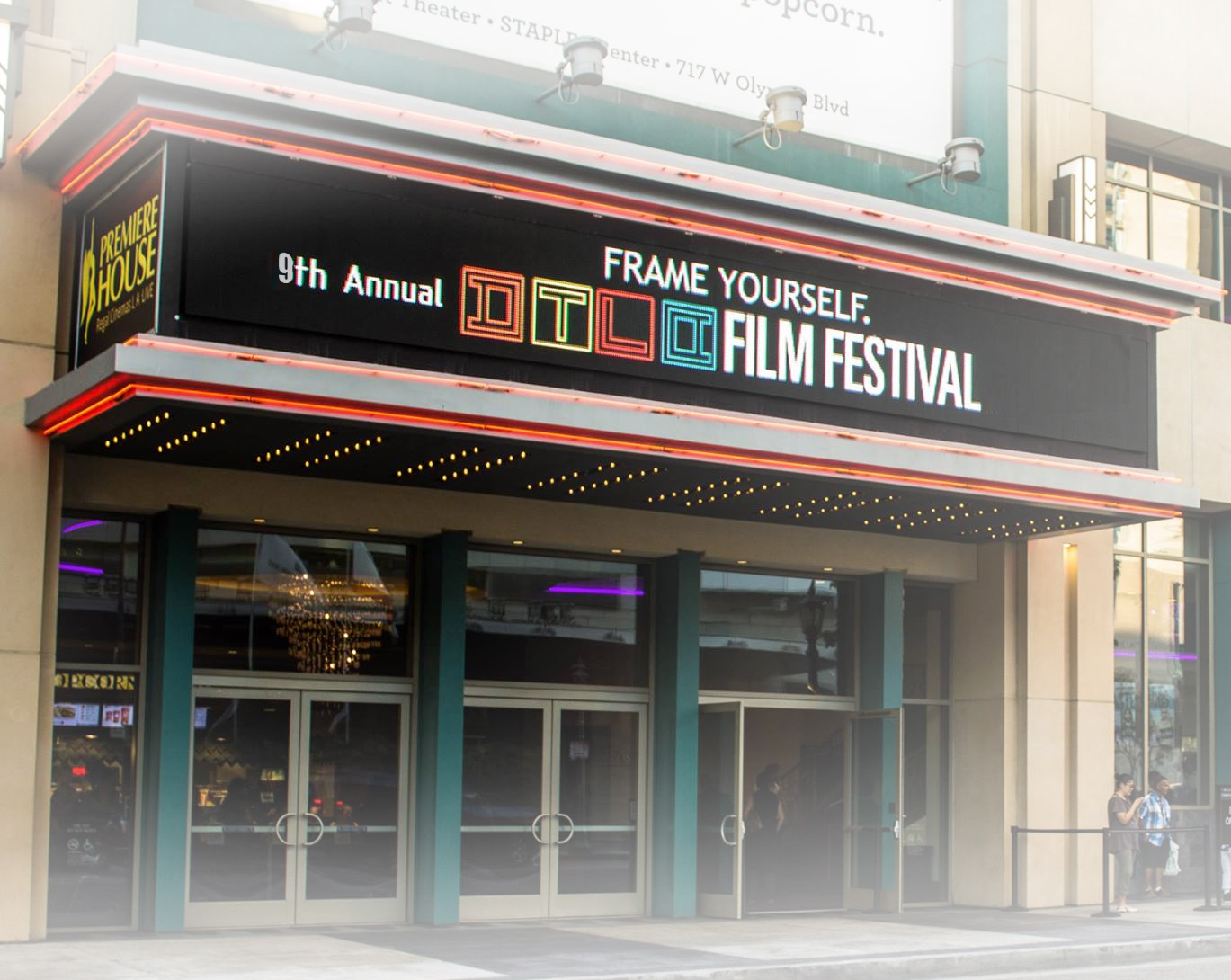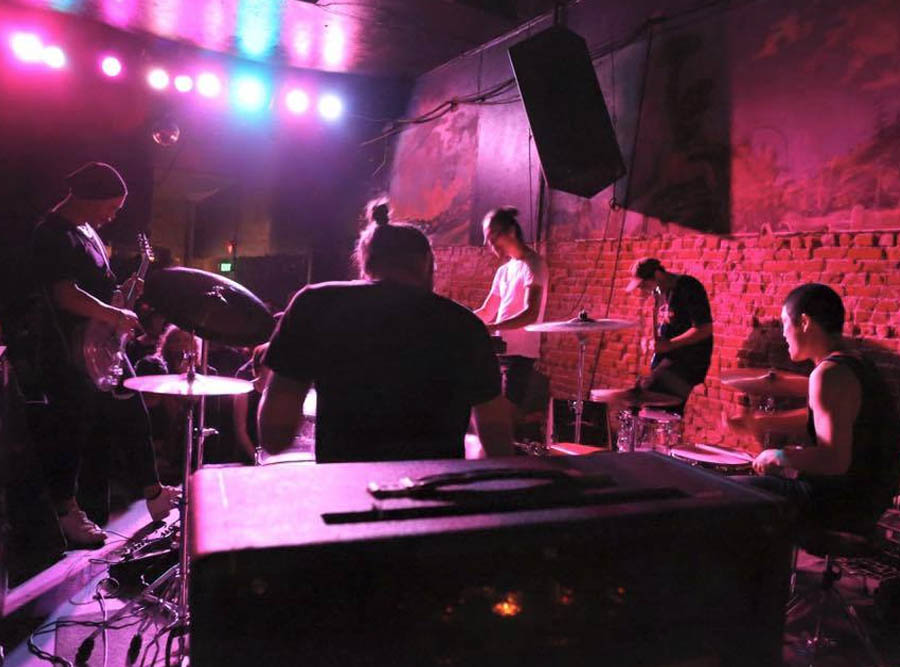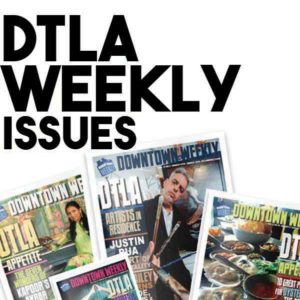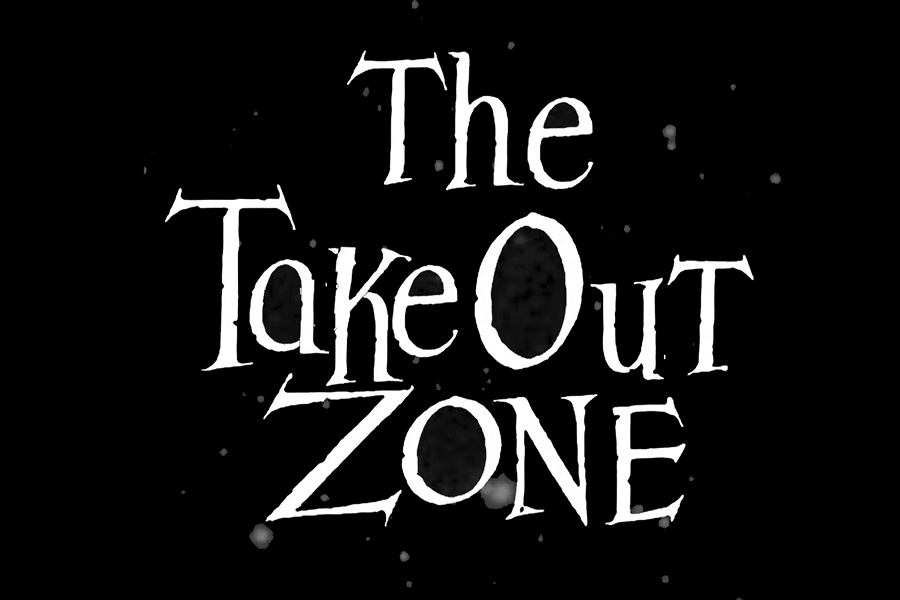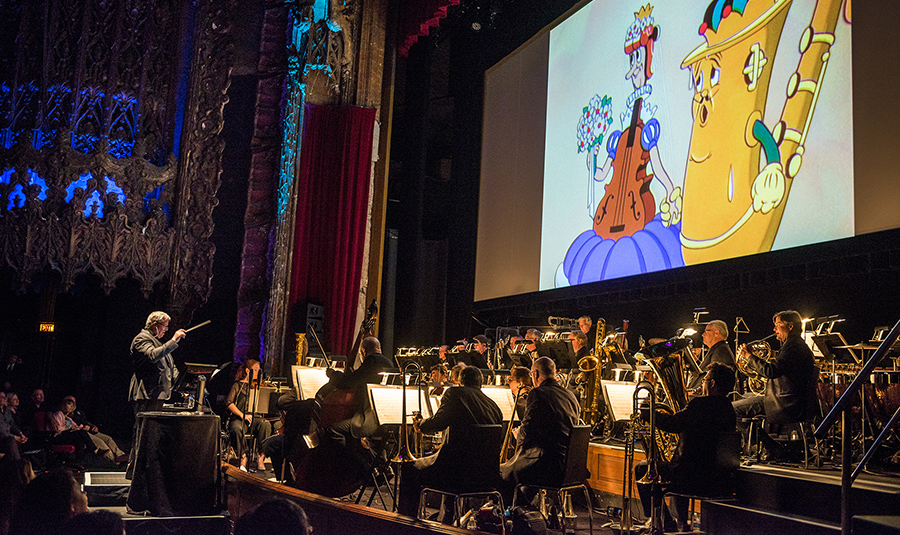
In the early 90’s, three friends came onto the scene of hip hop, briefly, with one goal: to create an art that was respectable, and dope. DJ Malik with his beats, John a.k.a. Big Words with his lyrics, and James with charisma. Fast-forward 15 years later; it’s Election Night 2008, and the guys of a once promising hip hop group are now looking back over their lives and trying to discern why things are different. Filled with bitterness, dissatisfaction, and the eventual change of a methodical hopeful into a grown up.
Neil Drumming’s first full-length directorial debut, “Big Words,” which has earned praise from the Slam Dance Film Festival and Frame Line Film Festival, has left this viewer… a little perplexed.
Whatever you call it—a comedic drama, or a dramatic comedy—the film seemed to lack the structure needed to provide a catharsis for these well acted characters. I kept thinking that at one point something will happen that will change everything. That moment never came. Whether intentionally done or not by the director, you can chalk it up to keeping the viewer glued to the screen, and that’s about it. There was small talk in almost every scene about how things are different, and no one ever seemed to try, or to climb, or even crawl toward a resolution. It was like being stuck in a perpetual loop of these guys suffering day in and day out. If I’m going to see a “day in the life” movie about a very promising story, there has to be something about it that draws me into that routine. Or else, what’s the point? Why do I care?
I said it was a promising story because when you think about it, the set up is pretty cool. We look back 20 years ago to the people who took hip hop and made it alluring to us. It’s something people love hearing about. I just could not catch on to that presence of authenticity one gets when seeing something like that unfold on screen. After awhile I wanted it to end for the trio, because it was so difficult, and it did not look like there was an end in sight. What helped with my feeling anxious was the shaking camera that would lose focus right when it really shouldn’t. It also seemed to happen right before we would see a crucial moment in the character’s arc. I would be glued to the screen and I knew that this character was about to let me in and see what they are feeling, thinking, and experiencing at that very moment. Then, I see blur and it’s over.
To be fair, I do not think that the moving camera was misused all the time. It could be quite effectual listening to John talk about his mediocrity and capturing the life of actual mediocrity behind him at every turn. The camera would linger just enough for you to soak in the shot, but not enough to bore you with passing cars over and over again. What I found most captivating was the places Malik took us when he played his music and when he was talking (or yelling) about it. The beats used for the film coincided so nicely with the remembrance of a time where everything was promising. The hope Malik had in his music and the “Golden Era of Hip Hop” made me want to relive those times with them. Instead, I was stuck with what their lives are now (spoiler: it’s not so great). Music has such an impact on mood and can really set a tone for a film, and this film’s music struck the right notes for me. I definitely felt uneasy knowing that it wasn’t getting better for these guys, but I didn’t know if they knew that. Naturally, I watched to find out. That’s smart and I think it can be pretty difficult to use music that effectively in a film.

